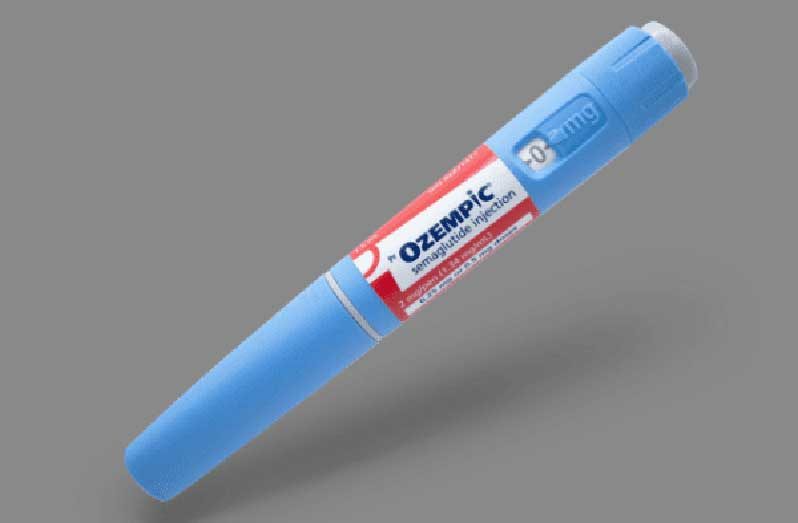WITH moves underway to bring Guyana into local pharmaceutical manufacturing, Minister of Health, Dr Frank Anthony, has said that discussions are underway for partners with Guyana to produce drugs equivalent to well-known drugs like Ozempic.
The Minister made this known during the graduation ceremony for a recent cohort of new pharmacists.
Dr Anthony stated that the government’s long-term vision is to transform Guyana into a biomedical and life sciences hub, an initiative designed to foster pharmaceutical research and manufacturing, among other things.
“We aim to move beyond clinical care and become a producer of pharmaceuticals. Our biodiversity provides a rich source of natural compounds that can lead to new medical discoveries. We need scientists and pharmacists who can help us harness these resources responsibly and effectively,” he said.
Further to this, he disclosed that discussions are underway with several international pharmaceutical companies interested in partnering with Guyana to produce biosimilars, medicines equivalent to well-known drugs such as Ozempic.
Ozempic, a prescription medication, is used for adults with diabetes to lower their blood sugar levels.
It works by increasing insulin release, slowing stomach emptying and reducing sugar production by the liver.
The Health Minister went on to add that the partnerships will open doors for industrial pharmacy and local pharmaceutical manufacturing.
“We are laying the groundwork for a future where Guyana not only delivers high-quality healthcare but also contributes to global pharmaceutical innovation,” he said.
As part of ongoing efforts to enhance the healthcare system, the European Union, in June of this year, held a high-level health and pharmaceutical investment mission here.
It was aimed at connecting EU pharmaceutical and healthcare companies with local partners to explore investment and collaboration opportunities.
That initiative aligned with the Pharmaceutical Equity for Global Public Health framework, launched in 2022 by Guyana, Barbados, and Rwanda. Supported by the EU, this framework is designed to bolster local production, encourage regulatory co-operation, and reduce dependency on external supply chains.





.jpg)








